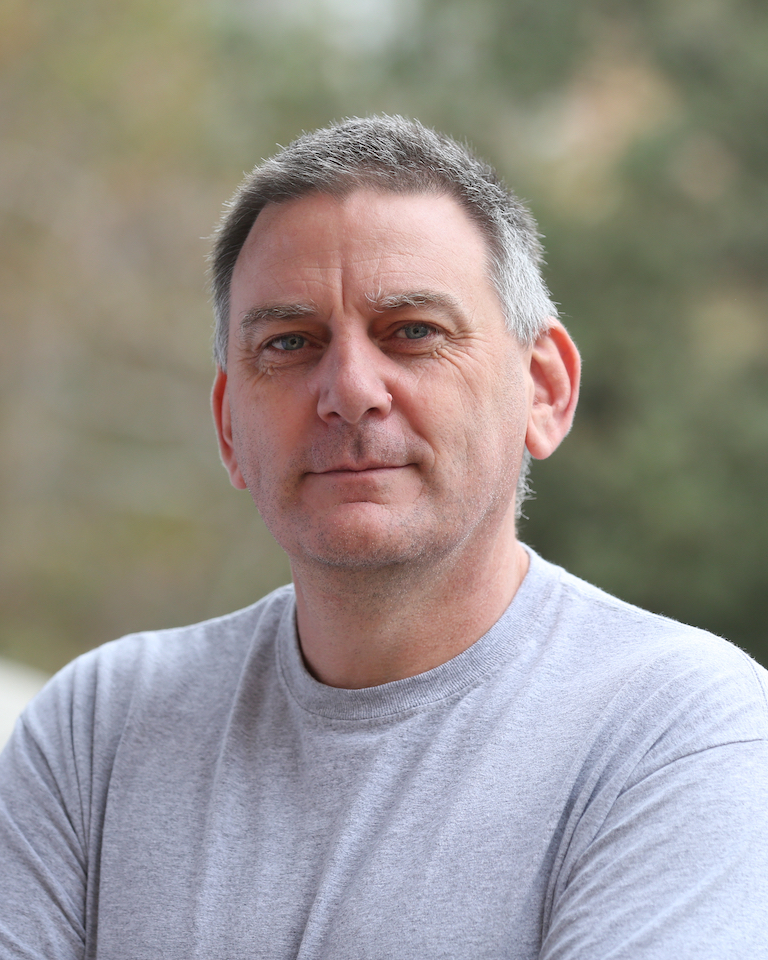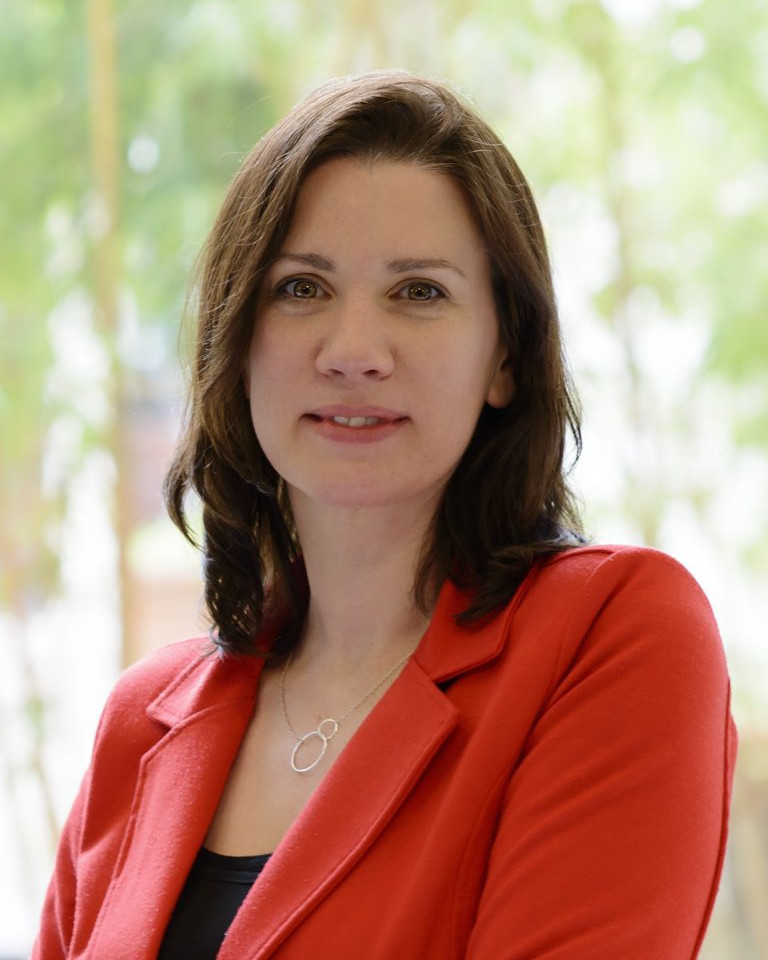32nd Irish Conference on Artificial Intelligence and Cognitive Science
December 9-10,
2024
University College Dublin
Proceedings published
December 9-10,
2024
University College Dublin
Proceedings published
The 32nd Irish Conference on Artificial Intelligence and Cognitive Science (AICS 2024) will be hosted by University College Dublin (UCD) in collaboration with Dublin City University (DCU). The conference will be held in-person at the UCD Belfield campus.
With regular conferences dating back to 1988, the AICS Conference is Ireland’s primary forum bringing together researchers in the fields of Artificial Intelligence and Cognitive Science. The fields of Artificial Intelligence and Cognitive Science, encompassing areas such as; Data Analytics, Natural Language Processing, Information Retrieval, and Machine Learning, are now at the forefront of Irish computing research and industry. The AICS 2024 program will include presentations of high-quality theoretical and applied scientific papers and tutorials. Invited talks will describe important topics relevant to the field.
We invite submissions in the broad areas of Artificial Intelligence and Cognitive Science to communicate the advances and achievements in these fields. Areas of interest include, but are not restricted to:
We seek articles which report on in-use experiences (design, engineering, deployment, utility, and challenges) of AI-based, and cognitive-based.
We invite three types of submissions:

Distinguished Professor: University of California Riverside, Computer Science and Engineering Dept.

Assistant Professor: Department of Computer Science, University College Dublin
All accepted Full and Student-track submissions will be presented at the conference, either orally or as posters, and included in the online conference proceedings at ceur-ws.org. At least one author of each submission will be required to register for, and attend, the conference. All submissions must be made via the EasyChair system online, available here.
Full Paper Track papers and Student Track papers must be submitted in CEURART format (single column proceedings), which is also the format required for the final camera-ready copy. A sample LaTeX document in this format is available here.
NECTAR Track submissions must follow the following template found here.
All accepted submissions in Full Paper Track and Student Paper Track will appear in online proceedings at ceur-ws.org.
New AICS 2024 Conference Proceedings is online now: https://ceur-ws.org/Vol-3910/
Time Remaining:
| PC Member Name | Affiliation |
|---|---|
| Yalemisew Abgaz | Dublin City University |
| Kolawole Adebayo | Dublin City University |
| Kashif Ahmad | Munster Technological University |
| Mansoor Ahmed | Maynooth University |
| Helard Becerra | University College Dublin |
| Christian Beder | Munster Technological University |
| Raymond Bond | University of Ulster |
| Bojan Božić | Technological University Dublin |
| Derek Bridge | University College Cork |
| Paul Buitelaar | NUI Galway |
| Padraig Cunningham | University College Dublin |
| Kevin Curran | University of Ulster |
| Mathieu D'Aquin | University of Lorraine |
| Steven Davy | Technological University Dublin |
| Soumyabrata Dev | University College Dublin |
| Malachy Eaton | University of Limerick |
| Malick Ebiele | University College Dublin |
| Cathy Ennis | Technological University Dublin |
| Muftah Fraifer | University of Limerick |
| Roghaiyeh Ramisa Gachpaz Hamed | Trinity College Dublin |
| Kuruvilla George | Trinity College Dublin |
| Saim Ghafoor | Atlantic Technological University |
| Paul Greaney | Atlantic Technological University |
| Derek Greene | University College Dublin |
| Eoin Grua | University of Limerick |
| Shagufta Henna | Atlantic Technological University |
| Julio Noe Hernandez Torres | Trinity College Dublin |
| Aoife Hill | Atlantic Technological University |
| Donny Hurley | Atlantic Technological University |
| Georgiana Ifrim | University College Dublin |
| Manjurul Islam | Ulster University |
| Gareth Jones | Dublin City University |
| Mark Keane | University College Dublin |
| Karina Litvinova | Atlantic Technological University |
| Philip Long | Atlantic Technological University |
| Mahsa Mahdinejad | University of Limerick |
| Marion McAfee | Atlantic Technological University |
| Michael McCann | Atlantic Technological University |
| John P. McCrae | NUI Galway |
| Ian McLoughlin | Atlantic Technological University |
| Aidan Meade | Technological University Dublin |
| Paul Moran | Atlantic Technological University |
| Aidan Murphy | University College Dublin |
| Irene Murtagh | Technological University Dublin |
| Matthias Nickles | University of Galway |
| Diarmuid O'Donoghue | Maynooth University |
| Ruairi O'Reilly | Munster Technological University |
| Colm O'Riordan | NUI, Galway |
| Alison O'Shea | Munster Technological University |
| Harshvardhan J. Pandit | Dublin City University |
| Debbie Rankin | Ulster University |
| Daniel Riordan | Munster Technological University |
| Lucas Rizzo | Technological University Dublin |
| Tony Robinson | Ulster University |
| Bianca Schoen-Phelan | Dublin Institute of Technology |
| Manya Singh | University College Dublin |
| Niladri Sett | SRM University |
| Joshua Tobin | Trinity College Dublin |
| Xhemal Zenuni | South East European University |